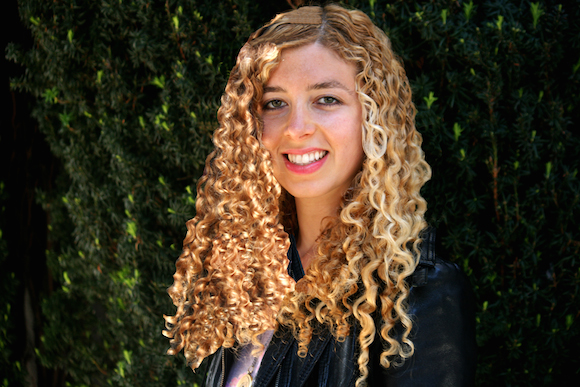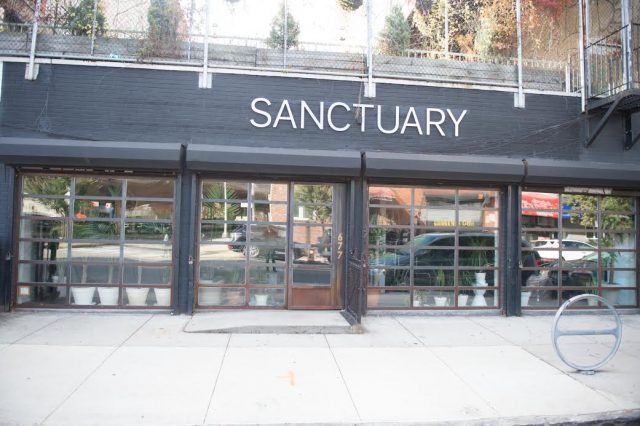
If you’re going to spend hours on the internet, you know you may as well do it on TED.com. Unlike user-dominated Reddit feeds and endless clickbait on Facebook, TED content is always curated to be worth your while. You can have your mind blown without ever getting out of bed. But who’s doing all the curating? Enter Cloe Shasha, associate content producer for TED. We wanted to know about what it takes to web-produce all those “ideas worth spreading,” and Cloe was happy to oblige.
How did you first hear about TED? Did you get involved before or after the popularity of it?
TED talks first went online for the public to watch when I was a senior in high school, back in 2006. In those early days, a close friend in high school showed me Sir Ken Robinson’s TED talk about how schools kill creativity (which is now the most watched TED talk of all times, at nearly 33 million views). Both the content and his style of presenting — so personable, succinct, and eloquent — hooked me into watching more and more TED Talks as they became available. In college, I organized the first TEDxMiddlebury in 2010. And I was fortunate enough to land a position at TED that started right after I graduated in 2011.
What influences how you pick speakers/curate content for the organization? Just your personal taste?
In any given year, we focus on topics that we consider to be important and relevant. And sure, a lot of that is personal taste. We look for people who are some of the very best in their fields. Think Keren Elazari on cybersecurity, and Bill Gates on disease control. Before inviting speakers, we read a lot about them, about what they’ve published, watch videos of them to get a sense of their speaking style. We also review nominations throughout the year from our global community — anyone can nominate a speaker here!
What kind of person would be great at your job?
Someone who loves people, reading, and writing!
Who would suck at it?
Someone who hates all of those things.
One of TED’s sub-headings is “Skeptics welcome.” Do you ever hire any?
Ha! Yes, I would say we hire skeptics in the sense that we bring in people with new perspectives, talents, and questions. In my four years at TED, I’ve watched many people join the team and quickly reinvent a system we’ve used for many years. We like people who aren’t afraid to point at a database or an editorial approach we’ve grown accustomed to and say, “This kind of sucks. Here’s how we can make it better.”
If you were to describe a “target demographic” for TED and TEDx, what would it be?
I would say that the common thread within the diverse TED community is a shared love of learning. These are people who seek opportunities to understand something new — or get a taste of it — via short form video, audio, or text.
What’s a day in the life of an associate content producer?
It really depends on what’s ahead. I spend a lot of time reading, writing, and talking to people. In the months and weeks leading up to a conference, I read speakers’ scripts and help them develop their talks. I occasionally write stories about our speakers or community for the TED blog. I also read news sources and online magazines that cover science, technology, art, economics, culture, and other topics in order to find potential speakers for upcoming conferences. I help vet applicants to some our conferences, as well as speaker nominations from our community. For some events, I work on production and plan experiences for attendees or speakers, such as workshops and gatherings. And I send a lot of emails!
What are your favorite TED talks?
There are many! Here are my top three at the moment:
- From our most recent conference, TED2015: David Eagleman: Can we create new senses for humans?
- Also from TED2015: Dame Stephanie Shirley: Why do ambitious women have flat heads?
- From TED2011: Deb Roy: The birth of a word
Leave a Reply



